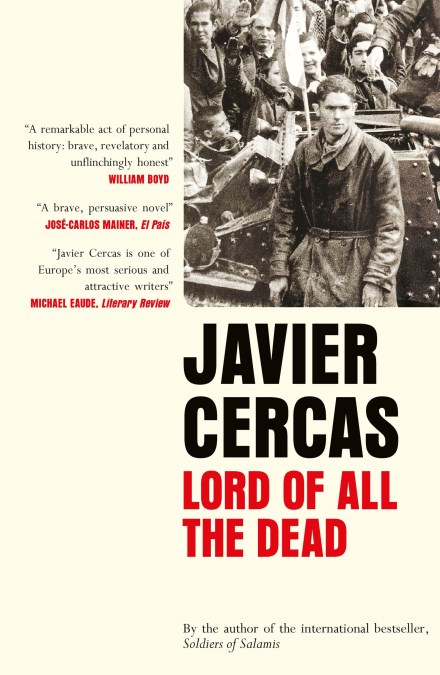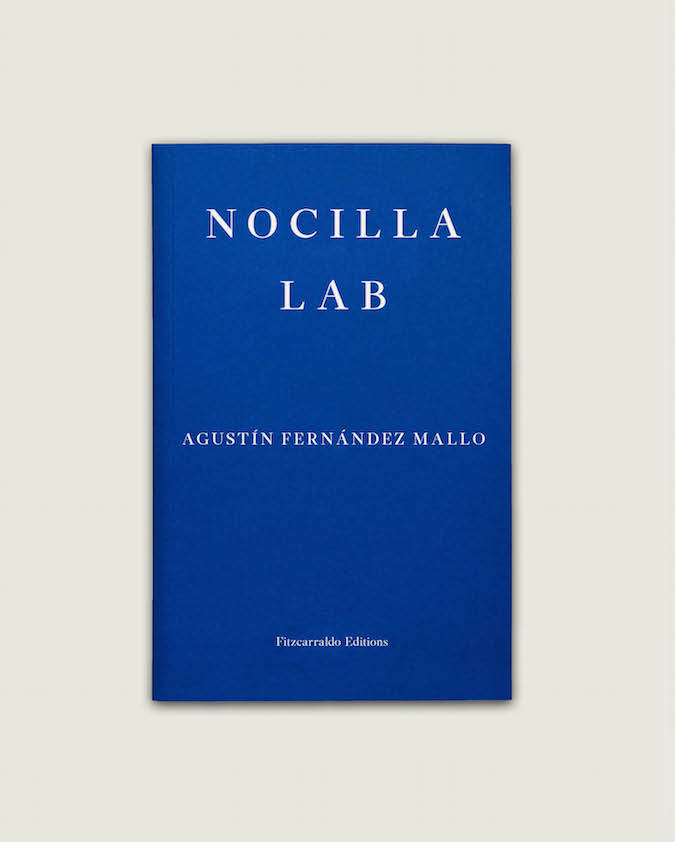A luminous republic by Andrés Barba
Spanish fiction
Original title – República luminosa
Translator – Lisa DIllman
Source – personal copy
I move to Spain for the third book of the year and to a writer I have featured once before Andrés Barba he was one of the Grant list of the best young Spanish writers featured 10 years ago when you look back on that list it has produced many great reviews for this blog over the last ten years. Barba has had four books translated into English, I reviewed Such small hands by him which like this book had very otherworldy themes to it. He been nominated for the Premio Herralde a sort Spanish booker prize and has written 14 books and has translated books into Spanish as well.
The Day I arrived in San Christobel, twenty years ago now, I was a young civil servant with the department od Social Affairs in Estepi who’d just been promoted. IN the space of a few years I’d gone from being a skinny kid with a law degree to a recently married man whose happiness gave him a slightly more attractive air than he no doubt would otherwise havve had. Life struck me as a simple series of advertises, relatively easy to overcome, which led to a death that was perhaps not as simply but was inevitable and thus didn’t merit thinking about.
Our narrator who got married and then ended up in the town.
The book is the story of a number of children with a language all of their own that Turn up in the town of San Christobel. A small Argentinean town on the edge of the jungle that is starting to go places the story is told from the point of view of a young civil servant when he had arrived with his wife twenty years earlier who has to cope when one by one these children appear. Lawless begging. Then vandalism as they grow in their numbers from a few to 32 unkempt, uncared and like wild animals where are their parents that isn’t really asked as they start to become a real nuisance. As this goes on the locals want something done but when an adult is murdered by them things start to turn against them and the locals start to want something done about the children. But is the reaction of the locals too much? A sort of flipped childhood viewed from the Adult’s side turns children into demons and almost like stray dogs to this small town.
Still, the events laid out by the cheif of police were far from invented; a couple of officers had approached a goup of kids who’d been hanging out in Plaza 16 de diciembre for several days and had robbed several pedestrians. According to one of the officers, the children repled to their questions in “An incomprehensible language” and attacked them when they tired to take the younger of the two – who was about twelve, he claimed to the police station. In the first account the officer maintained that one of the kids had snatched his gun and “fired wildly”, but later the testimony of the witness forced to admit hat the struggle had in fact caused the officer himself to fire accidently/ The bullet hit his parner, Officer Wilfredo Argaz, penetrating the man’s groin, and he’d died several minutres later, opposite the medical facility
The police man intially lied about what had happened with the children to great more fear !!
a lot of people mention lord of the flies in their reviews of this book. But I was more reminded of the feral child in the film Mad max. I view them as like those children having never being civilized the lord of the flies see children descend into Violence but this is more a group of people acting like a pack of apes or the feral child in Mad max films where civilization has lost its boundaries. Like his other book I have, it has children and strange children at its heart the narrator shows the view of them from the outside what happens when they become demoi=nised it is more about what happens when a group is turned on by society rather than asking how and why they got like the way they are? it is a short book but one that leaves you with questions and disturbing by what you have read and in thought about what you would do which is a good thing in a book I always feel.
















